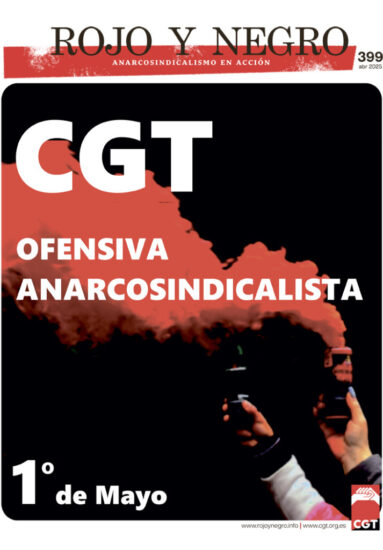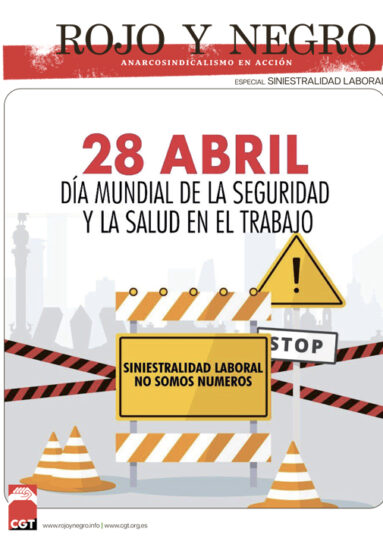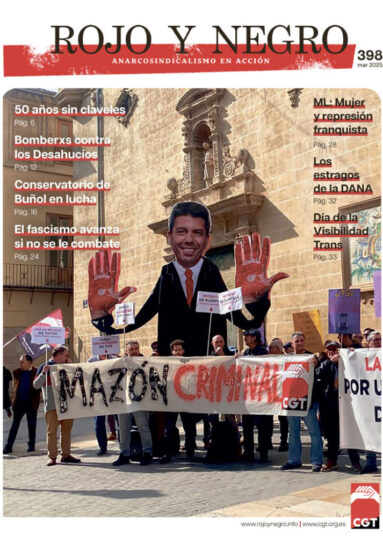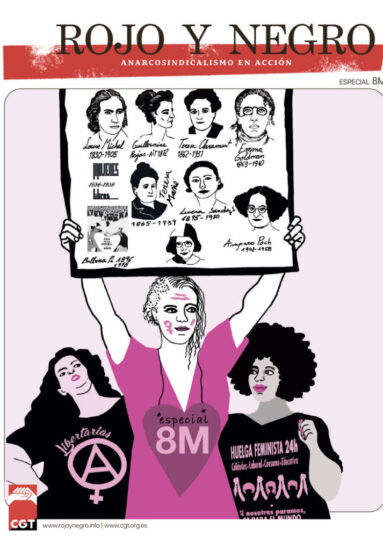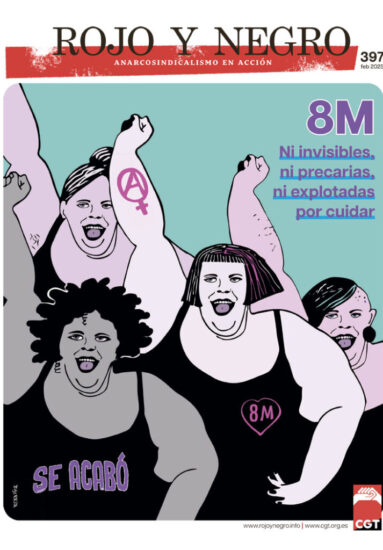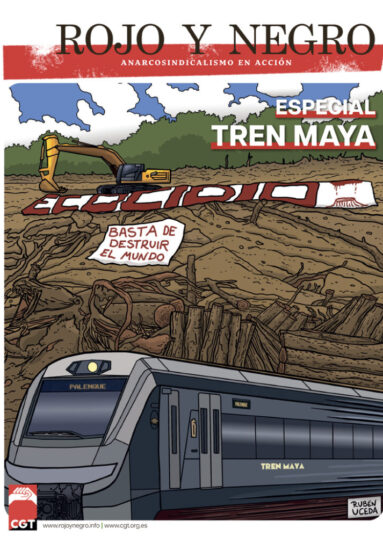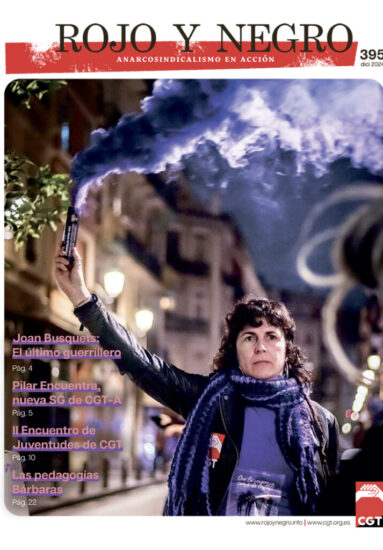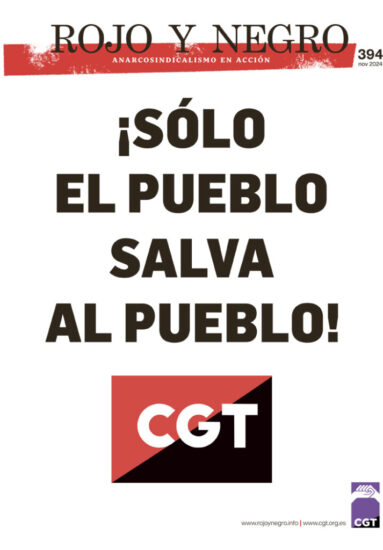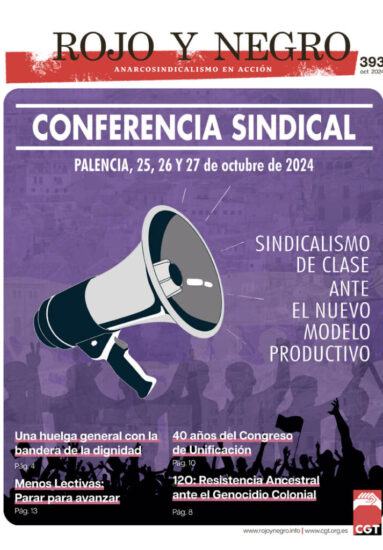El nuestro es un gobierno que se auto-describe como lo más cercano a una verdadera democracia gracias a ese sistema de equilibrio de poderes que, siempre nos están recordando, mantiene a los tres organismos del gobierno a raya ; sirviendo de esta forma a la nación y a cuantos la pueblan.
¡Tonterías ! Estemos o no al tanto de ello, lo aceptemos o depreciemos, tan solo estamos a un simple voto, de un si o de un no, de que un solo individuo determine nuestro futuro, que cínicamente nos pone a un nivel casi igual al de los pueblos que han sido gobernados por benévolos monarcas de antaño o dictadores genocidas de siempre.
Ha sido una victoria para la democracia nos han dicho hace unos días, después que el Tribunal Supremo de EEUU extendiese el habeas corpus a los prisionero de Guantanamo que hasta ahora han sido seres humanos sin identidad como tales, sin derecho alguno. Yo diría que ha sido una victoria de suerte esta vez con una decisión por los pelos de 5 a 4… y una derrota para Bush. Y eso a mi me pone los pelos de punta… algo así como si bombarderos B-2 estuviesen circunnavegando el globo con ADM reales, nada de imaginarios, y que hubiese un posible sicópata en la Casa Blanca con la oportunidad, a su discreción, de dar a ese botoncito de “ahí os va, agarraros”.
¿Y por que ese miedo ? La simple razón de que por cualquier caprichito, o un mal día con su compañero/a, bien sea Stevens, o Kennedy, o Souter, o Ginsburg o Breyer pudieran haber votado del otro lado ; ayudando a Alito, Roberts, el Quijotesco Scalia y su escudero, Thomas, a trasformar una victoria para los derechos humanos en derrota absoluta. Un solo voto que define esa victoria de los derechos humanos, algo que quien profese abogar por justicia social consideraría una victoria pírrica. Y si eso no nos da miedo, solo tenemos que ver la lista de decisiones históricas que divide al país en dos grupos, uno con un voto más y el otro con un voto menos. ¿Es acaso nuestro sistema inoperante, algo que además de ser una constante pesadilla pudiera llegar a ser un terremoto catastrófico ?
Desde 1989 las decisiones históricas han sumado 22, de las cuales 17 se decidieron por un voto de 5 a 4 y que siempre confrontaron la política de la derecha con la del centro (en EEUU la izquierda dejo de existir hace seis décadas) en lo referente a privacidad, religión, igualdad en protección, libertad de expresión, cacheo de drogas, crueldad en castigo, requiso y poderes del Congreso. De las otras 5 decisiones, 3 recibieron un voto de consenso, y 2 un voto mixto.
Parece obvio que si el 77 por ciento de las decisiones claves hechas por el TS en las dos ultimas décadas fueron votadas en estricta conformidad política… de acuerdo con la preferencia de los miembros del tribunal, esa idea de que los miembros se suponen toman sus decisiones basadas en la interpretación de la Constitución de EEUU es realmente un cuento chino y nada mas. El creer otra cosa reta a nuestra mente tanto en lo que incumbe al arte de ciencias políticas como a una ciencia exacta, matemáticas.
Una decisión tan importante que trata de forma estricta sobre derechos humanos y dignidad, como lo es el derecho de habeas corpus para los prisioneros en Guantanamo, unanimidad en un tribunal internacional es algo que se asume de antemano, y que se traduciría al TS norteamericano como una decisión de 9 a 0, y no la decisión política de 5 a 4. Pero en EEUU no creemos en la justicia internacional, y nos burlamos tan solo pensando el que pudiéramos acatar algo que saliese del Tribunal Internacional de Justicia en La Haya. De hecho, EEUU solo participaría con cuerpos jurídicos internacionales siempre y cuando esa participación nos sirviera de algo… y no como una forma de justicia.
Por cuatro décadas comenzando tres años después que terminase la Segunda Guerra Mundial, EEUU acepto la jurisdicción general del TIJ de La Haya ; pero tras una decisión desfavorable en 1986 (sobre las minas en los puertos nicaragüenses) que EEUU optó por mandar a ese tribunal a la porra, es decir acatarse a su jurisdicción general. Eso mismo hizo hace tres años con el “protocolo opcional”. Como dijo Peter Spiro, profesor de derecho de la Universidad de Georgia (EEUU) después de que EEUU optara por su salida, “Es una forma de actuar de perdedor resentido. Si no ganamos, no jugamos”.
¿Es la Constitución de EEUU tan ambivalente como para dividir al país por la mitad, dadas las decisiones tomadas por el TS ? Ni por lo más remoto. Quizás lo que se requiere es que la estructura del tribunal en todos sus aspectos sea revisada ; y reformada, si queremos que este organismo sea independiente en el gobierno, así como un buen colaborador internacional en materia jurídica… en contraste al Ejecutivo. Por ahora ese Creedal Dictum de equilibrio de poderes (los tres organismos) en el gobierno no existe en la práctica, siendo tan solo algo que suena muy bien, palabras vacías.
© 2008 Ben Tanosborn
www.tanosborn.com/articulos/
US Supreme Court : Not a place to court democracy
Ours is a government best described as the closest thing to a true democracy thanks to its touted system of checks and balances which, we are constantly reminded, maintains the three branches in some sort of equilibrium ; thus serving this nation best, as well as the people who populate it.
Poppycock, I say ! Whether we are fully aware of it or not, accept it or decry it, we are frightfully a yea or a nay away from one solitary individual determining our future, which cynically puts us at a level no different from that where benevolent monarchs of old and genocidal dictators of always have operated throughout recorded history.
A victory for democracy say some, after last week’s decision by the US Supreme Court to extend habeas corpus to the people now being held in Guantanamo without identity as human beings, up to now denied their human rights. A tentative, lucky victory this time around as the decision squishes by with a 5 to 4 vote… and a defeat for Bush. And that to me is scary… as scary as having B-2 bombers circumnavigating the globe with real, not imaginary, WMD’s… and a possible psychopath in the White House with the opportunity, at his discretion, to press that also real “drop‘em bombs” button.
Why is it scary ? Because on a whim or a prayer, or just a bad day with the mate, either Stevens, or Kennedy, or Souter, or Ginsburg or Breyer could have voted the other way ; aiding the two juniors, Alito and Roberts, and Don Scalia and his squire, Thomas, to turn the decision the other way. Just one vote defining a human rights’ victory, that to anyone who professes to believe in social justice is truly a Pyrrhic way to win ! And if that by itself doesn’t scare you, look at the list of landmark decisions that have been made in that great national divider that paints us red or blue, that puts us one over or leaves us one short. Is ours a high tribunal system that simply is inoperative, one that doesn’t work well now and could turn out to be a nightmare, a SCOTUS (Supreme Court of the United States) earthquake ?
Landmark decisions since 1989 have proven to be in 17 of 22 cases nothing but a confrontation of right and center politics where the decisions were made in 5 to 4 votes, regarding Privacy, Religion, Equal Protection, Free Speech, Drug Search, Cruel and Unusual Punishments Clause, Takings Clause and Powers of Congress. Of the other 5 cases, 3 received what may be considered a consensus vote, and 2 a mixed vote.
It appears rather obvious that if 77percent of the key decisions made by the Supreme Court in the last two decades received voting in strict political conformity with the Justices’ political inclinations, the idea that members of the SCOTUS are supposed to make decisions based on the interpretation of the US Constitution is really the SCROTUM of political testes, nothing else. To believe otherwise defies both, the art of political science and the science of mathematics.
A decision dealing with basic principles of human rights and dignity, such as the right of habeas corpus for the prisoners held at Guantanamo, would call for unanimity in any international court… 9 to 0 should have been the decision, not a political 5 to 4 ! But we don’t believe in international law, and scoff at the mere idea of abiding by anything the International Court of Justice at The Hague might say. In fact, the US will participate with world judicial bodies as long as that participation serves our needs… not justice.
For four decades starting right after World War II the US accepted general jurisdiction of the International Court of Justice ; then as an unfavorable ruling was given in 1986 (over the mining of Nicaragua’s harbors – remember the Iran-Contra fiasco ?) the US withdrew from the court’s general jurisdiction. That it did again 3 years ago, from the “optional protocol” this time. As law professor Peter Spiro of the University of Georgia expressed after the latter withdrawal, “It’s a sore-loser kind of move. If we can’t win, we’re not going to play.”
Is the Constitution of the United States so ambivalent as to create this division down the middle in the way decisions are rendered ? One would not think so. Perhaps the structure of the Supreme Court, in every aspect, needs being looked into ; and reformed, if we wish to have it as an independent branch of government, as well as a judicious collaborator in matters of international law… in contrast to the Executive Branch. For now, our checks and balances dictum is in practice nothing but great-sounding spattering of empty words.
© 2008 Ben Tanosborn
www.tanosborn.com
Fuente: Ben Tanosborn


